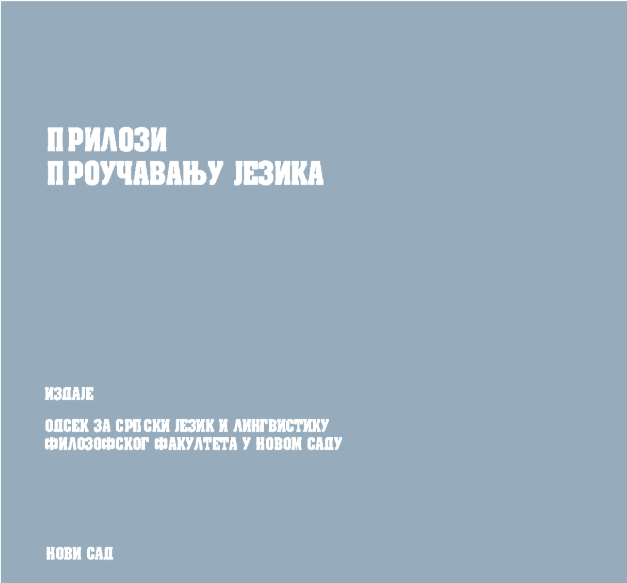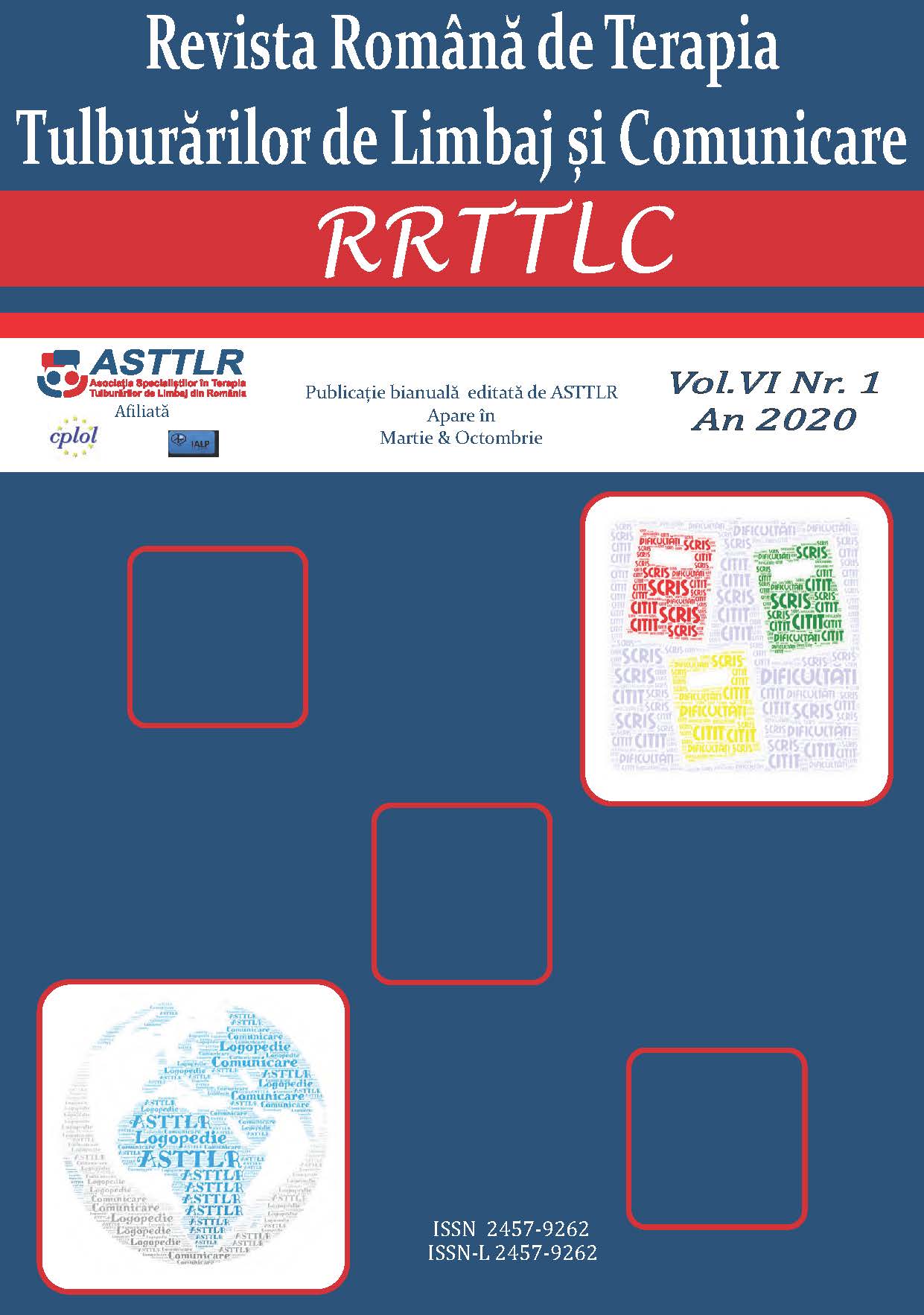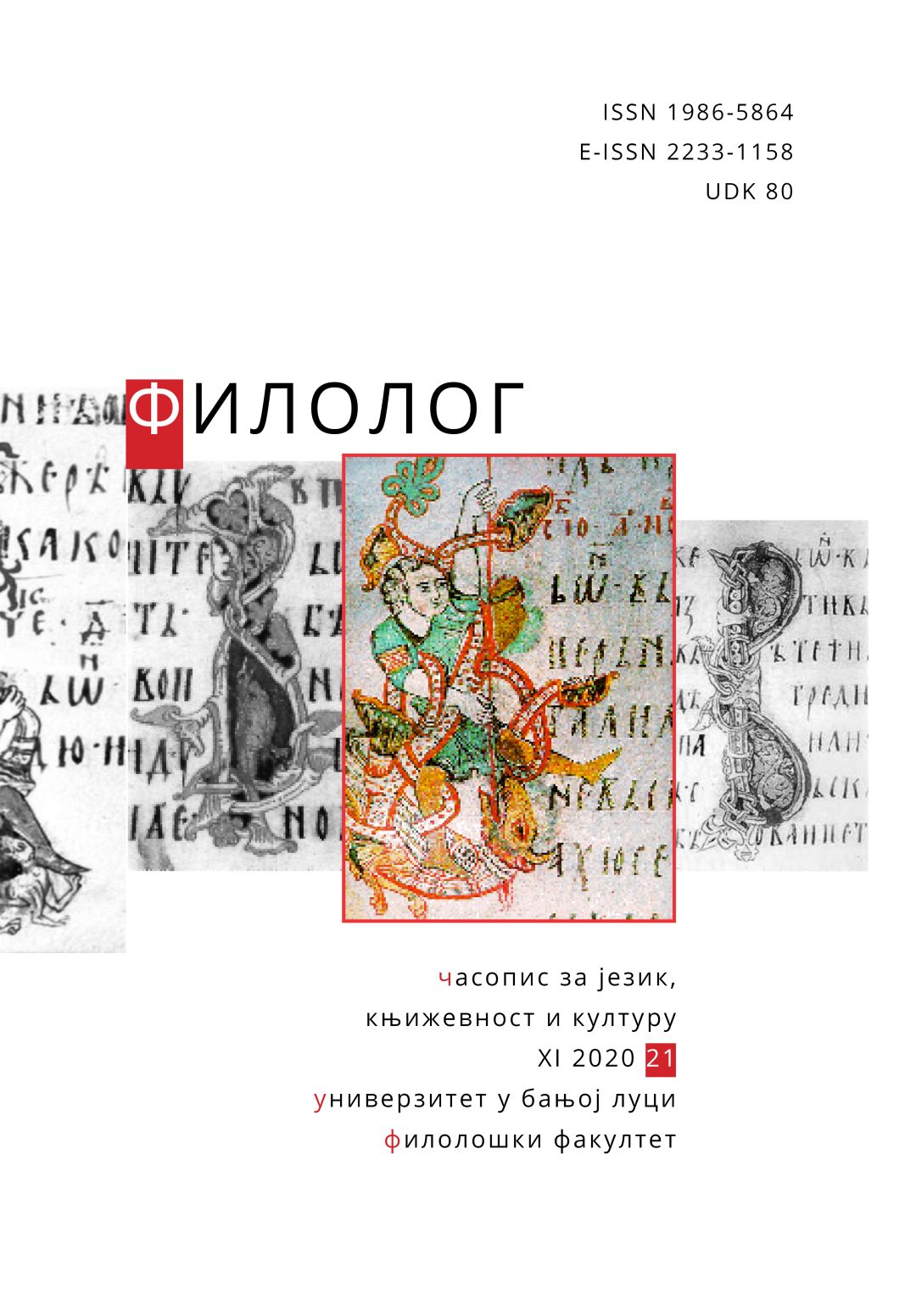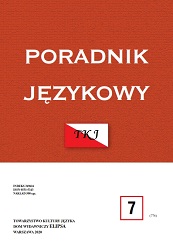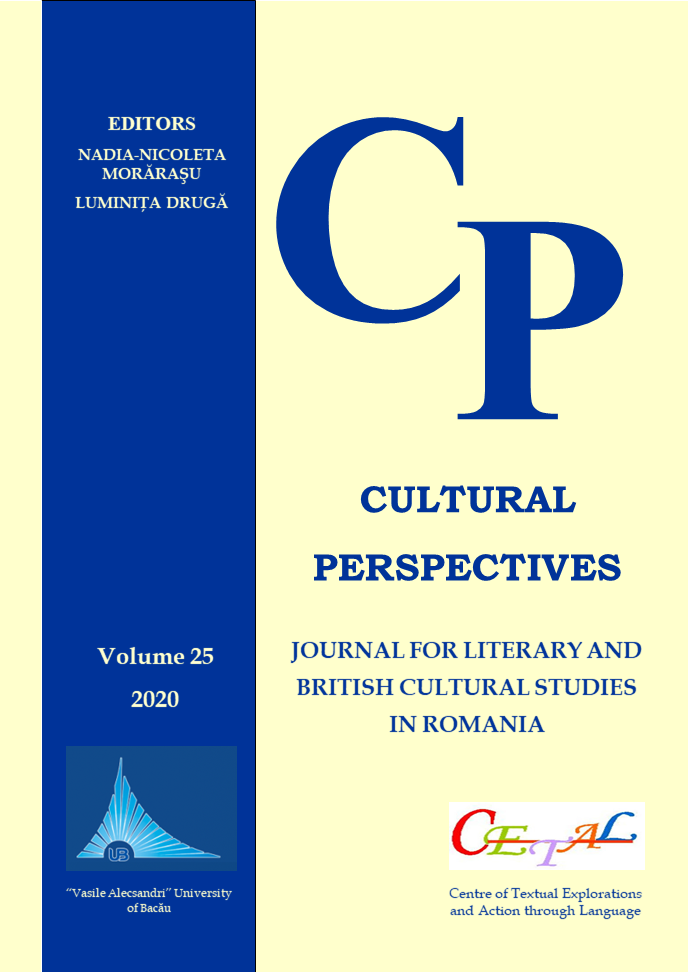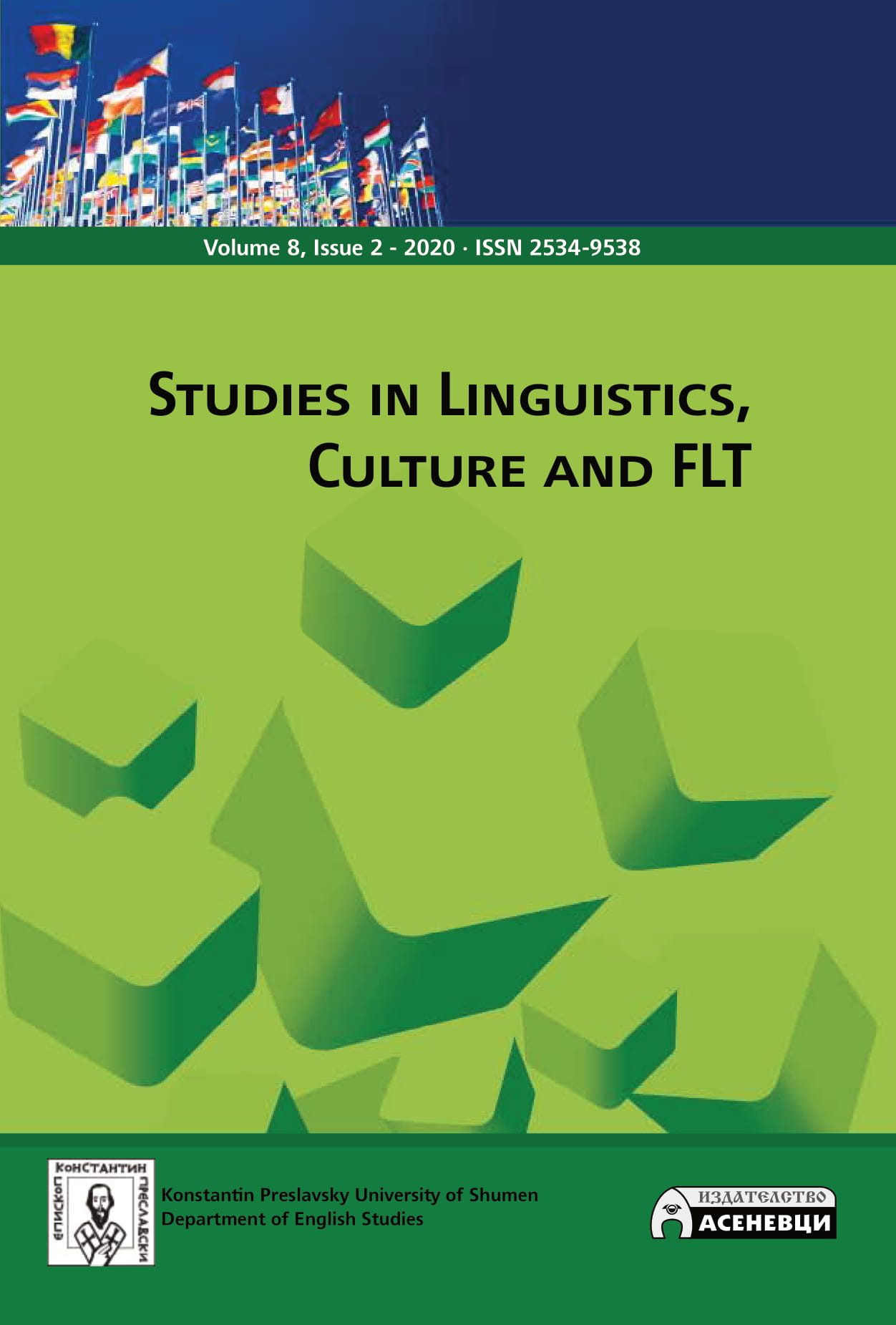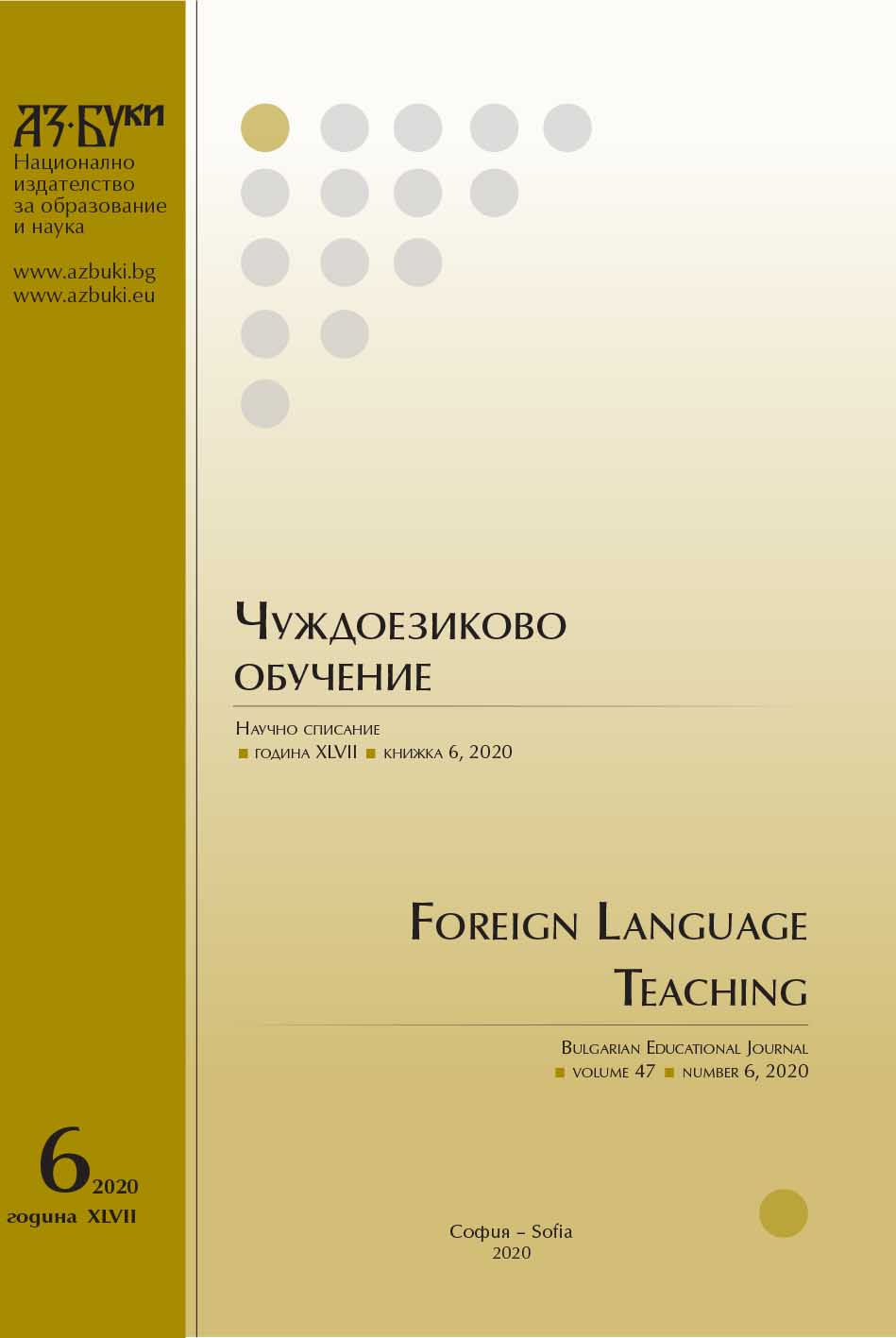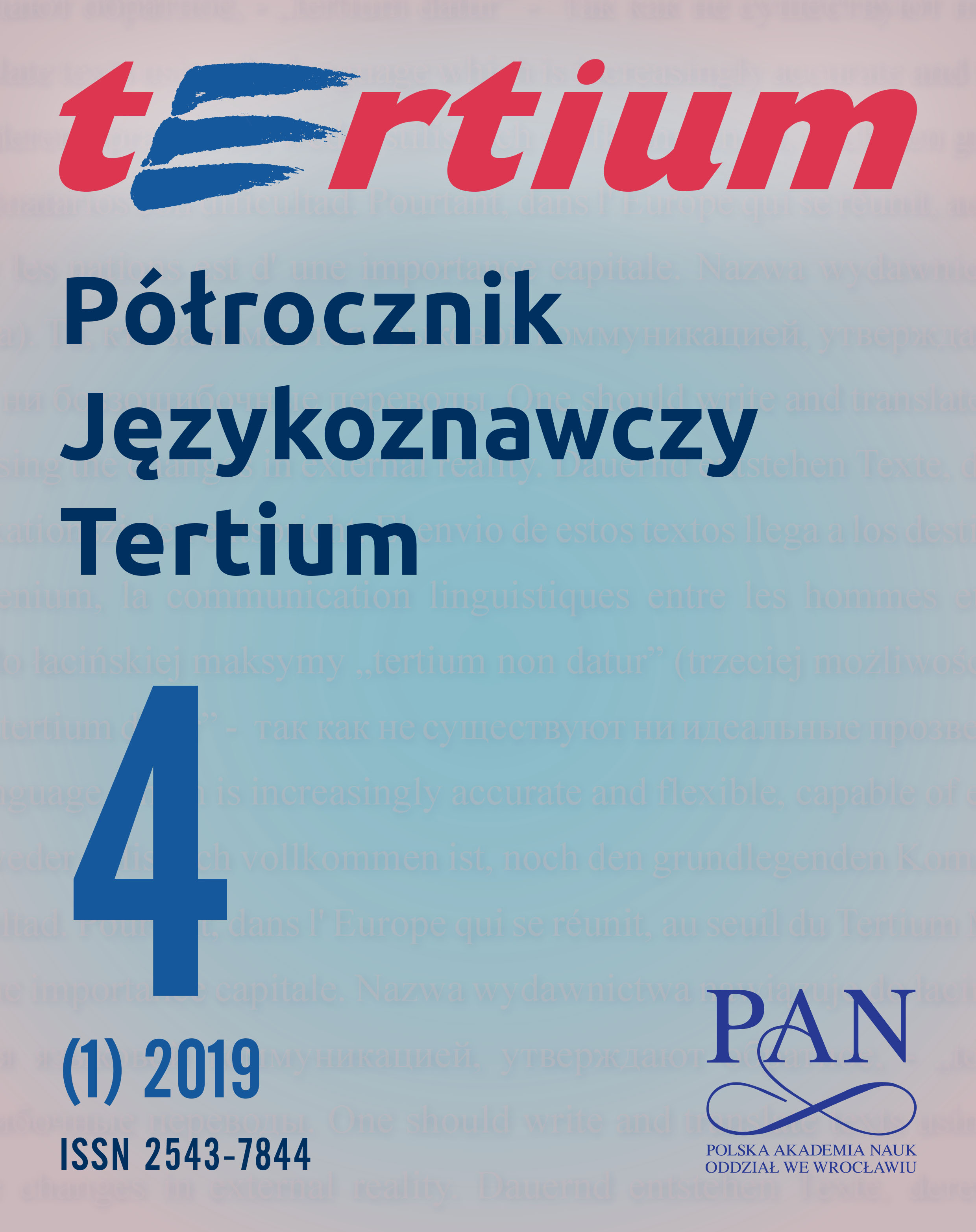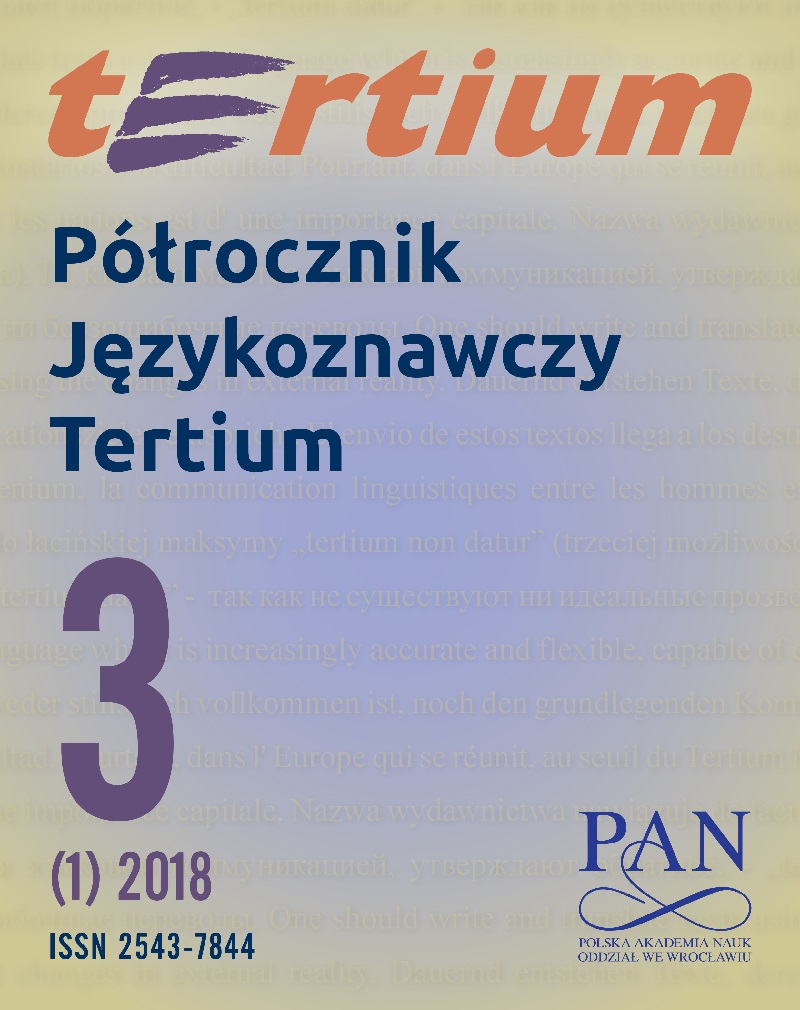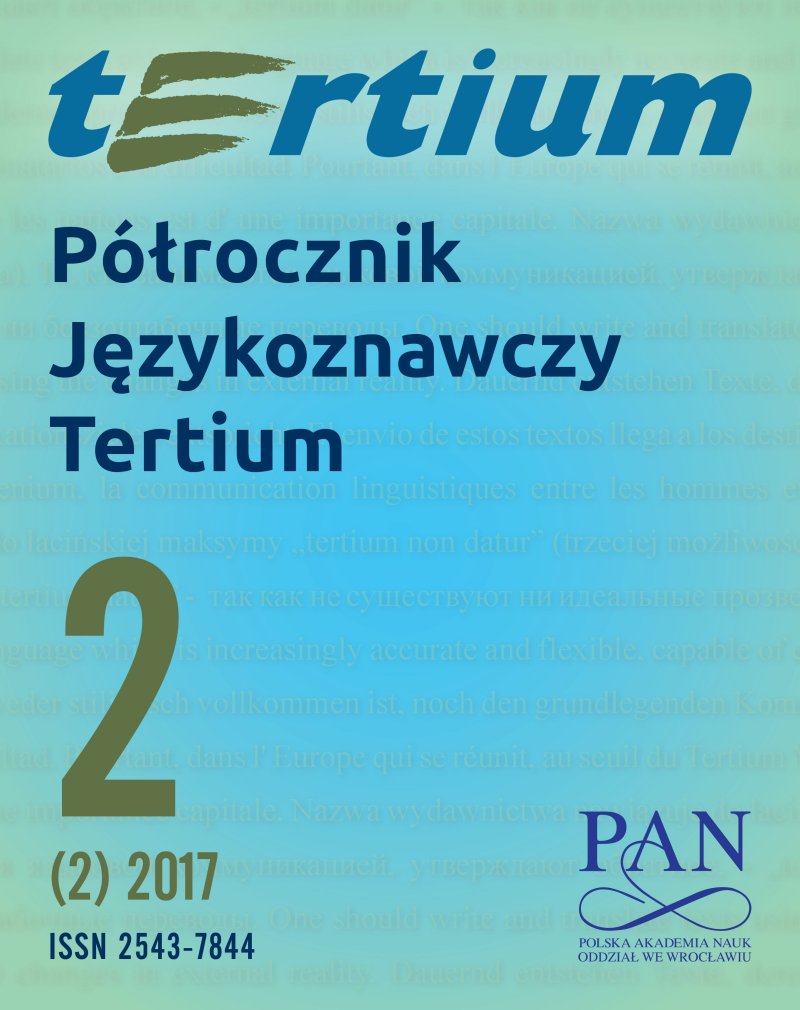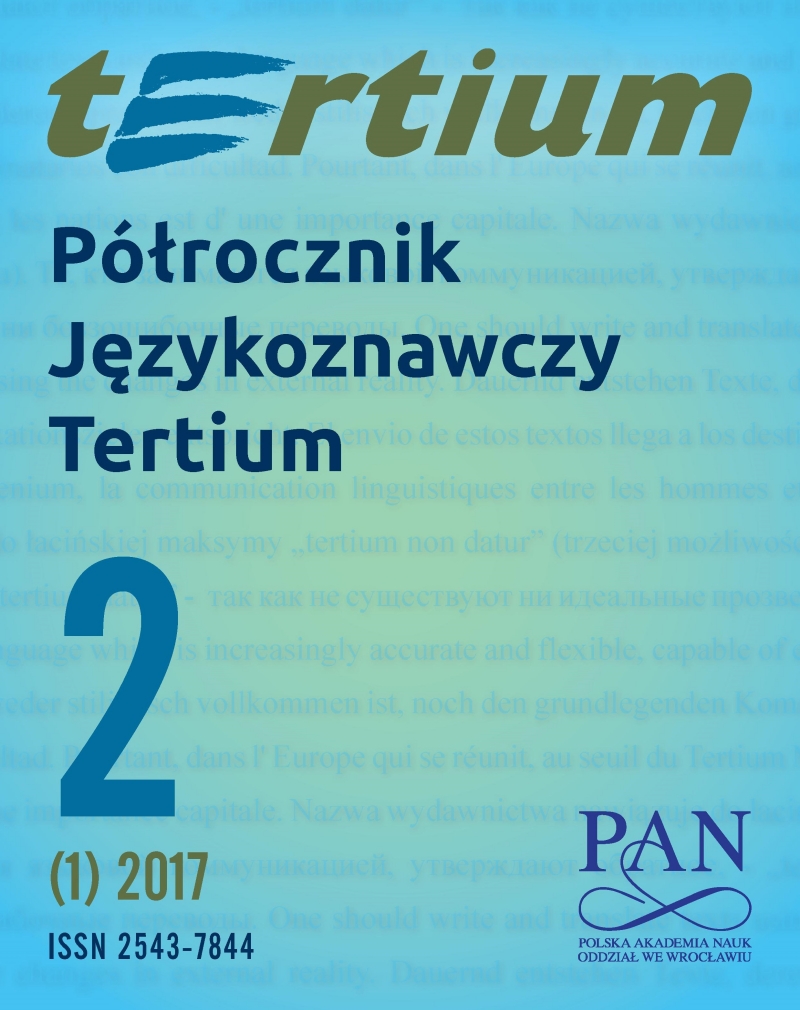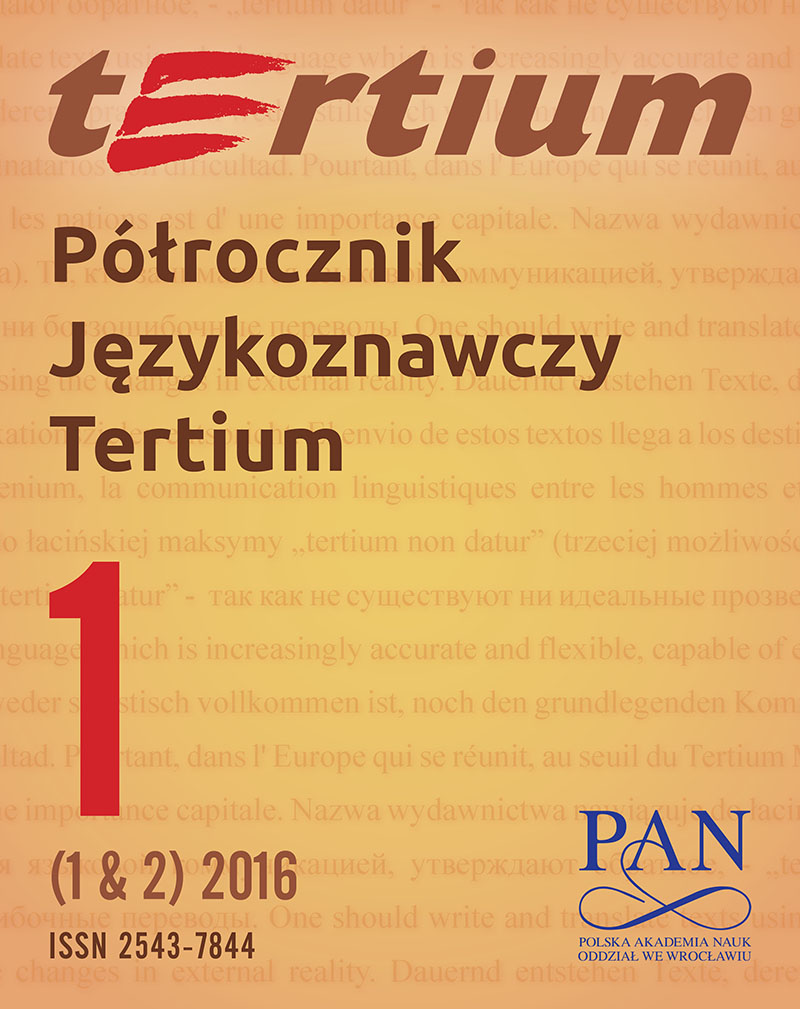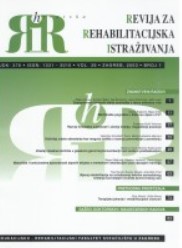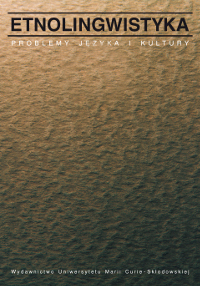
ŚWIAT WARTOŚCI SENNIKA LUDOWEGO
In the folk genre of minimal texts which include dream images and their explanations one can find the world of values shared by members of the folk culture. It can be reconstructed by capturing a system of oppositions. In general, something which is alive, young (new, fresh), light (white), clean, fat, ripe, undivided, healthy, dressed, raw and made of metal is explained as something good, or in more concrete terms as life, health, young age, wealth, bumper harvest, mutual understanding, a welcome guest, happiness, joy. On the other hand, what is dead, old (stale), dark (black), dirty, thin, unripe, divided, ill, naked, cooked, or made of paper, is manifested in reality as something bad, more specifically as death, illness, old age, poverty, bad crops, quarrel, an unwelcome guest, unhappiness, sorrow etc. At the top of the “ladder of values” extracted from the genre of minimal texts which include dream images and their explanations one can find practical values, connected with securing the basic existential needs. The analysis of the explanations, then, corroborates the hypothesis that in the centre of the folk model of values there is life and its protection.
More...
